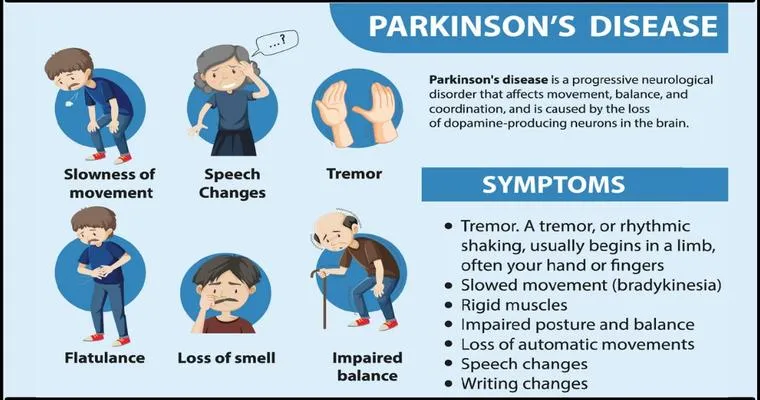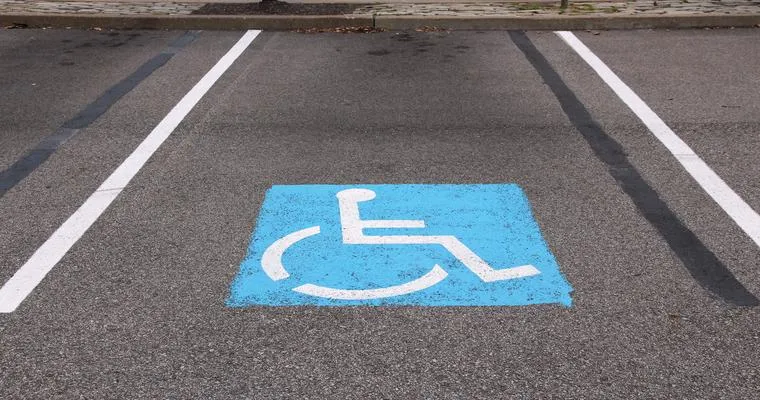Parkinson's Disease is a progressive neurological disorder that primarily affects "motor function", leading to symptoms such as tremors, stiffness, and difficulty with balance and coordination. While there is currently no cure for Parkinson's, there are several effective strategies to help individuals manage their "motor symptoms" and enhance their quality of life. In this article, we will explore practical tips for minimizing the impact of Parkinson's on daily activities.
One of the most effective ways to manage motor symptoms is through "regular exercise". Engaging in physical activity can help improve strength, balance, and flexibility, which are often compromised in individuals with Parkinson's. Activities such as walking, swimming, and tai chi have been shown to be particularly beneficial. It is essential to create a consistent exercise routine tailored to the individual's abilities and preferences.
In addition to exercise, incorporating "physical therapy" can significantly enhance motor function. A physical therapist can develop a personalized program to address specific challenges, such as gait training and posture improvement. By focusing on these areas, individuals can gain greater control over their movements and reduce the risk of falls.
Another vital aspect of managing motor symptoms is maintaining a healthy "diet". A well-balanced diet rich in antioxidants, vitamins, and minerals can support overall brain health. Foods high in omega-3 fatty acids, such as fish and nuts, are known to have neuroprotective properties. Staying well-hydrated is equally important, as dehydration can exacerbate symptoms.
"Medication management" is also crucial for those living with Parkinson's Disease. It is important to work closely with a healthcare provider to find the right medication regimen. Adjusting dosages or timing can help optimize the effectiveness of medications, potentially leading to better control of motor symptoms.
Additionally, practicing relaxation techniques can be beneficial. Stress can worsen motor symptoms, so engaging in activities such as "yoga", meditation, or deep breathing exercises can help individuals feel more at ease. These practices can improve mental well-being, which in turn can positively influence motor control.
Social support is another important factor in managing Parkinson's Disease. Connecting with others who understand the challenges of the condition can provide emotional support and practical advice. Joining support groups or engaging in community activities can help individuals feel less isolated and more empowered in their journey.
Finally, staying informed about the latest research and treatments for Parkinson's Disease can empower individuals to take charge of their condition. Many new therapies and interventions are being developed, and keeping abreast of these can open up new avenues for managing symptoms effectively.
In conclusion, while Parkinson's Disease presents significant challenges, there are numerous strategies available to help minimize "motor symptoms". By prioritizing regular exercise, seeking physical therapy, maintaining a healthy diet, managing medication, practicing relaxation techniques, fostering social connections, and staying informed, individuals can significantly enhance their quality of life. Remember, it is essential to consult with healthcare professionals to create a tailored plan that best suits individual needs.





